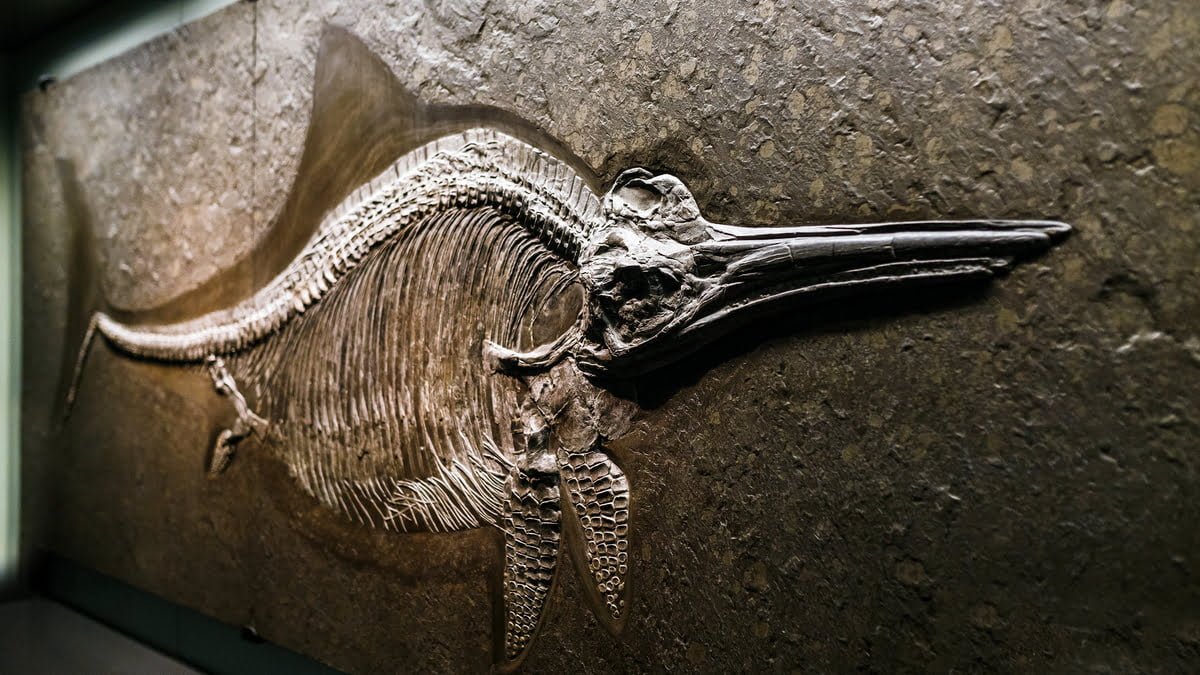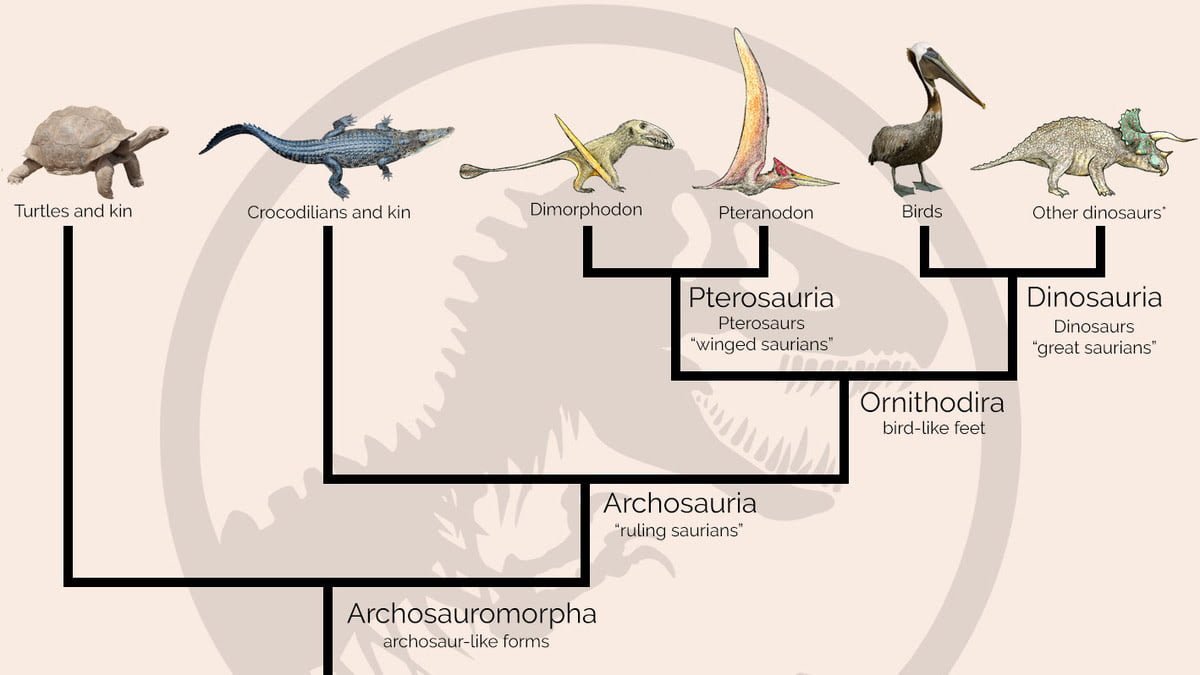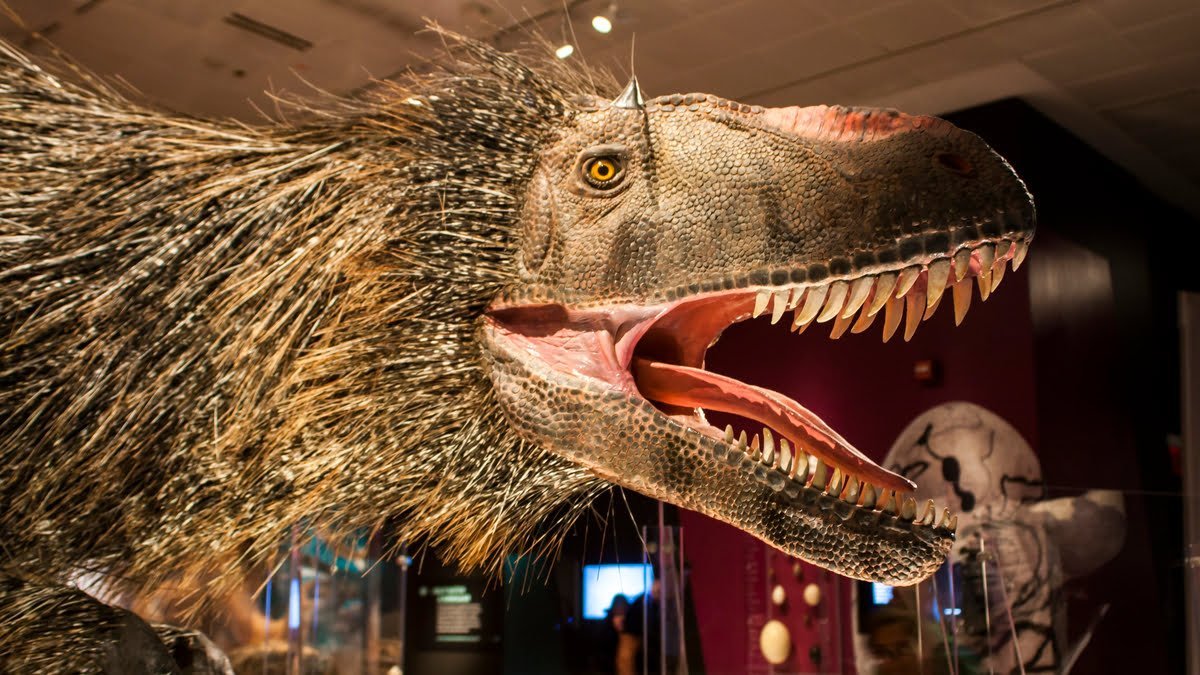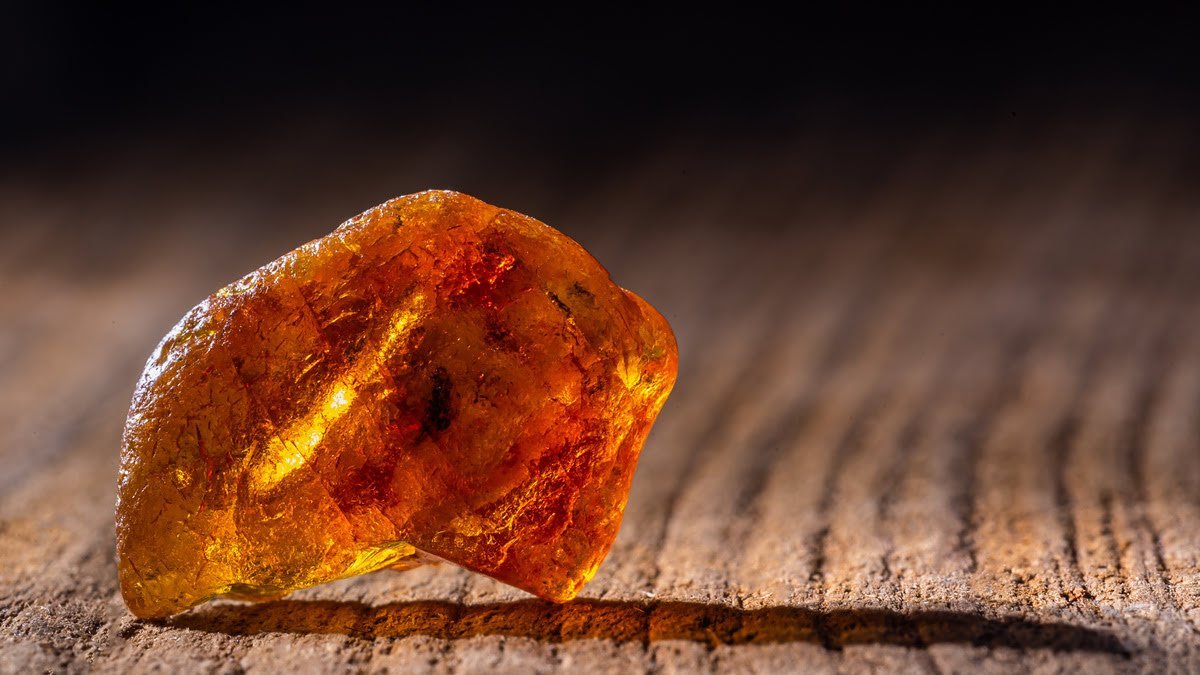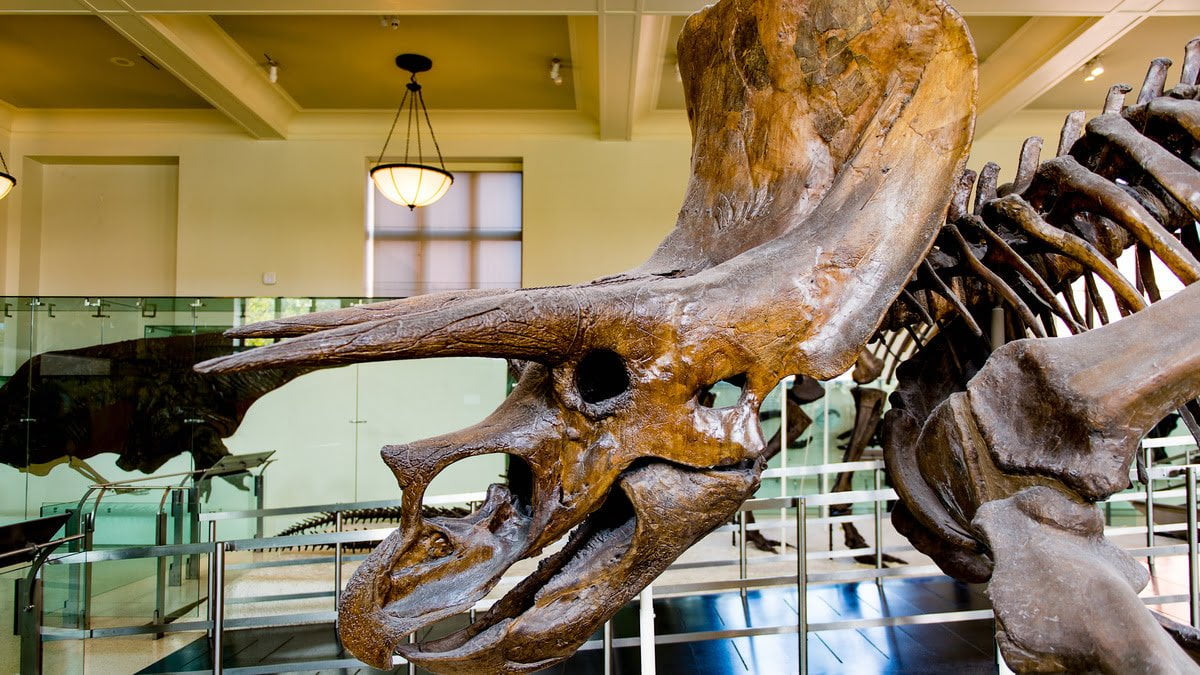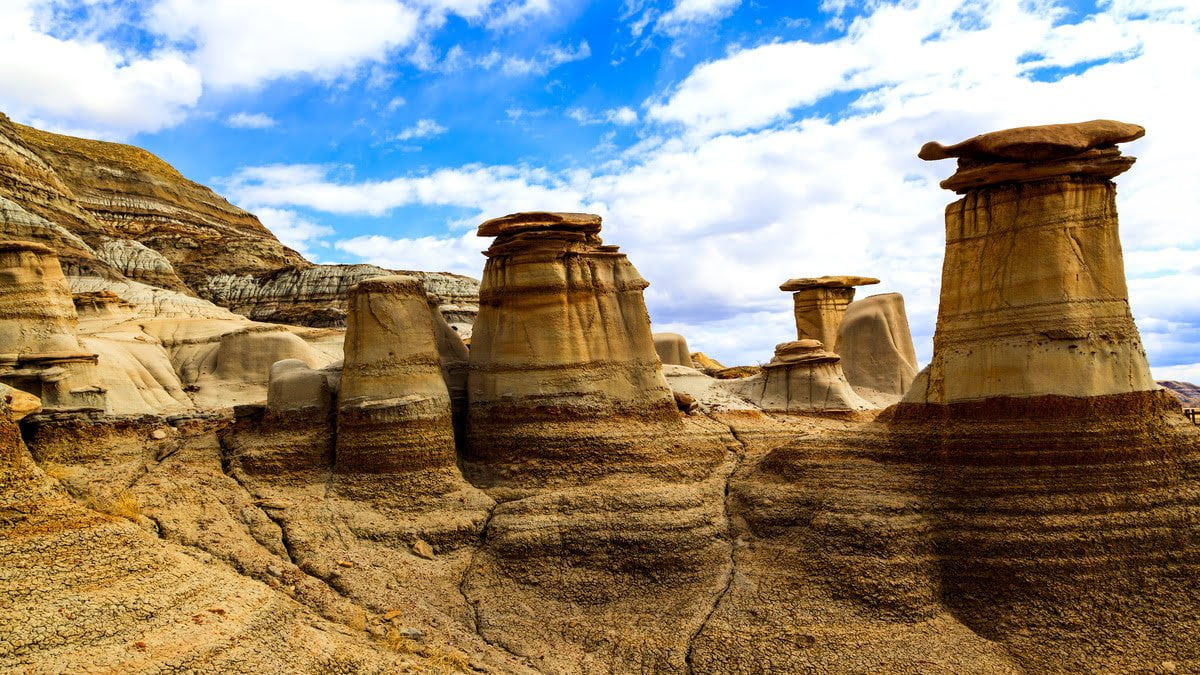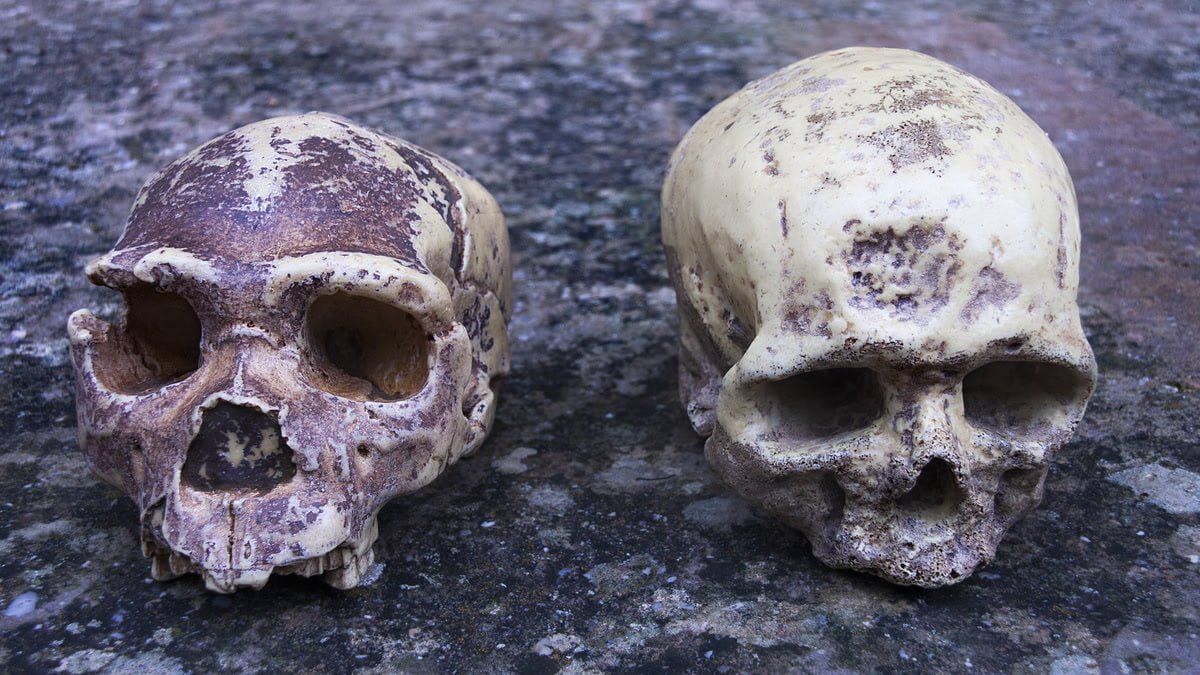How Did Aquatic Dinosaurs Die Out?
Some of the most well-known groups of prehistoric animals from the Mesozoic Era are the so-called aquatic dinosaurs, and for good reason: they’re large, fearsome, apex predators. So how did aquatic dinosaurs die out? Some of these creatures have even starred in the recent Jurassic World franchise, further enhancing their fame. The oversized Mosasaurus from Jurassic World elevated the notoriety … Continue Reading

